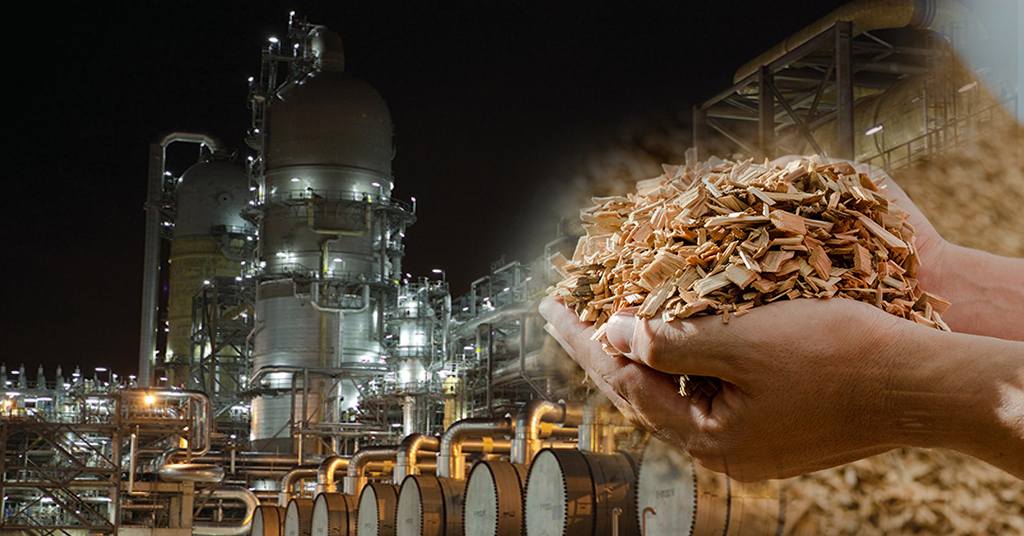Welcome To ChemAnalyst

Germany- The Benzene prices in the European market continued to rise in the first week of February 2024, maintaining the increasing trend in the regional market. Major factors impacting the overall prices of Benzene included increased production costs due to boosted naphtha prices and heightened demand from downstream sectors such as styrene, phenol, and other aromatics. The final prices of Benzene were observed at USD 1060 per MT, HOB Hamburg, for the week ending February 2nd, reflecting a 5% increase.
The United States remains the primary source of crude oil for the European market, which is experiencing disruptions due to geopolitical issues affecting oil and derivative prices. Refining margins in Northwest Europe have increased, and naphtha cracks in Europe have risen due to lower stocks, resulting in tight supply for Benzene production. Energy producers and traders are evaluating the higher costs associated with longer voyages around the Cape of Good Hope and considering the use of larger crude tankers to manage Benzene costs in the regional and global markets. Benzene manufacturers and buyers are requesting discounts to offset increased freight and war risk premiums resulting from geopolitical stress. While tensions in the Middle East and threats to ships in the Red Sea are not significantly impacting crude oil prices, refined fuels are facing more substantial effects. Naphtha is considered not at risk, and Russian ports are operating during severe storms, easing restrictions for vessels and boosting exports despite disruptions from Western sanctions and harsh weather conditions.
European businesses are expressing optimism for 2024, expecting an increase in imports and exports of Benzene despite geopolitical uncertainties and economic hurdles, according to market participants. This positivity is attributed to executives' confidence in technology's ability to enhance the efficiency and resilience of supply chains, combined with agile supply chain strategies. Amid concerns about political instability, inflation, and downturns in vital markets, European companies are proactively reassessing risks within their supply chains by leveraging technologies like Artificial Intelligence (AI) alongside agile supply chain approaches such as friend-shoring and dual resourcing.
According to the ChemAnalyst, Benzene prices in the European market are expected to rise further due to increased demand and further amplified by higher naphtha prices. The most recent flash purchasing managers' indices (PMI) from key European economies including Germany, France, the UK, and the Eurozone indicate optimism regarding the improvement of their manufacturing sectors in January. These indices gauge business sentiment within these economies.
We use cookies to deliver the best possible experience on our website. To learn more, visit our Privacy Policy. By continuing to use this site or by closing this box, you consent to our use of cookies. More info.
